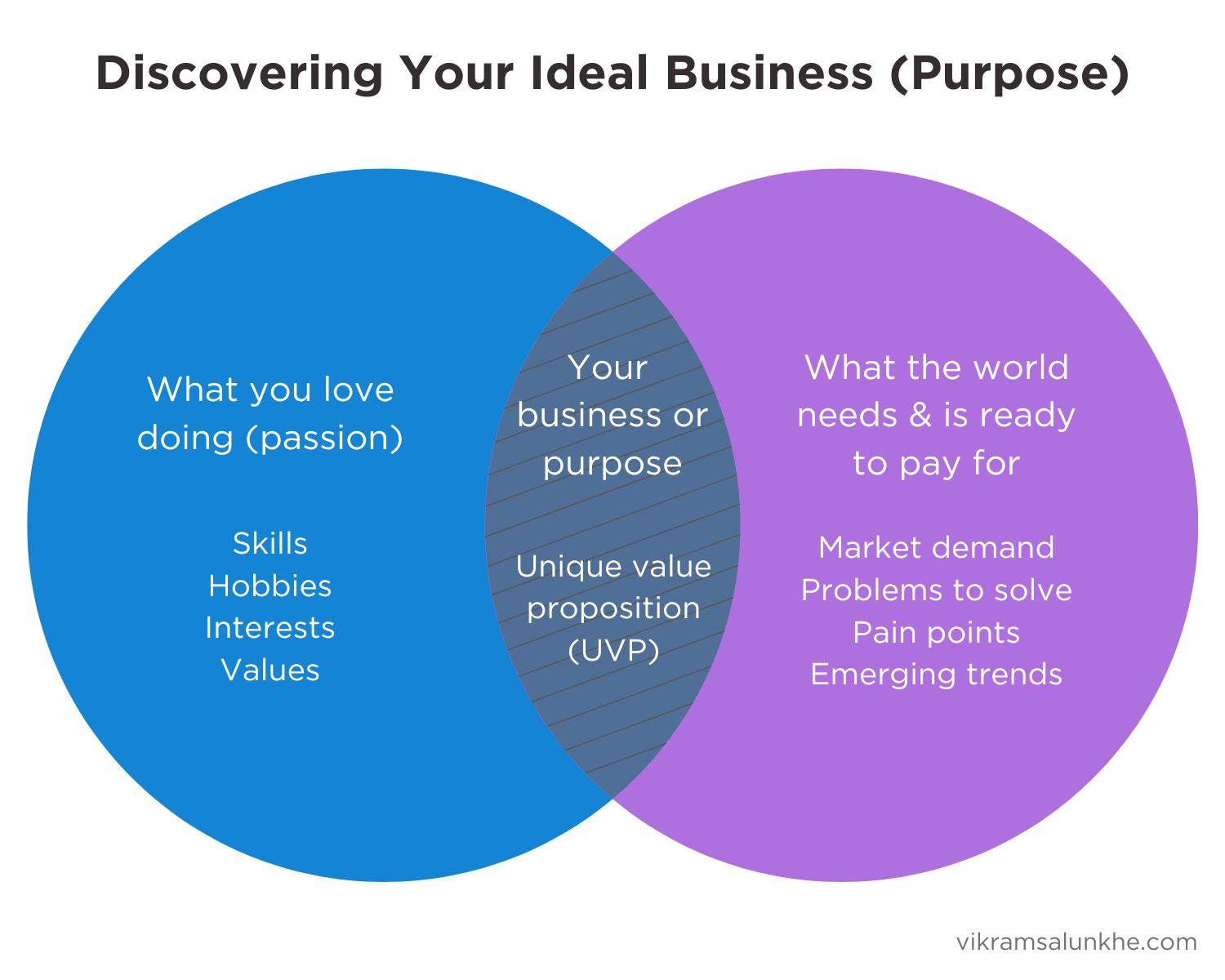Business Basics
What you really need to know before starting a business
What is a Business?
At its core, a business is an organized effort to provide goods or services to customers in exchange for money or other forms of value. The ultimate goal of any business is to generate profit by meeting the needs and solving the problems of its target audience.
However, a business is not just about profit—successful businesses create value, build trust, and contribute to society in meaningful ways.
Why Start a Business?
- Problem Solving: The opportunity to address gaps in the market and create solutions.
- Impact and Legacy: Build something that positively affects people and lasts beyond your lifetime.
- Freedom and Flexibility: Control over work hours, goals, and decisions.
- Financial Independence: Potential for unlimited income based on business success.
Example: Starting a regional organic food business not only generates income but also promotes healthier eating habits in the community.

1. The Entrepreneurship Mindset
Reality Check: What Nobody Tells You
- ⏰ Time Investment: Expect 12-14 hour days initially (Not the glamorous "4-hour work week")
- 💰 Financial Reality: 90% of startups take at least 12-18 months to become profitable
- 🎓 Learning Curve: You'll wear multiple hats (CEO, Accountant, Marketing Manager, Customer Service)
✨ Quick Self-Assessment
- Can you handle uncertainty?
- Are you willing to learn continuously?
- Can you manage your finances for 12-18 months?
2. Understanding Business Models
Common Models in India (With Real Examples)
A. Product-Based
- Physical Products (Like Boat Headphones)
- Digital Products (Like Byju's Courses)
- Hybrid (Like Lenskart - Online + Offline)
B. Service-Based
- Professional Services (Like Urban Company)
- Consulting (Like various CA firms)
- Subscription Services (Like Daily Ninja for milk delivery)
C. Marketplace
- B2B (Like Udaan)
- B2C (Like Meesho)
- C2C (Like OLX)
💡 Pro Tip: Start with a simple model and evolve based on market response.
3. Essential Financial Concepts
Basic Numbers Every Founder Must Know
A. Profit Margins (Chai Business Example)
- Selling Price: ₹15 per cup
- Cost: ₹8 per cup (ingredients + operations)
- Gross Margin: ₹7 (47%)
B. Break-Even Point (BEP) Analysis
- Fixed Costs (Monthly):
- - Rent: ₹15,000
- - Staff: ₹20,000
- - Utilities: ₹5,000
- Total: ₹40,000
- BEP = Total Fixed Costs / (Price Per Unit - Variable Cost Per Unit)
- BEP = ₹40,000 / ₹7
- Break-even: 5,715 cups monthly
- Daily target: 190 cups
4. Market Research Basics
Practical Ways to Research Without Big Budgets
A. Online Research Tools
- Google Trends (Free): Understand search patterns
- SimilarWeb (Free tier): Analyze competitor traffic
- Social Media Listening: Use tools like Brand24
B. Offline Research Methods
- Competitor Visit: Study 3 similar businesses
- Customer Interviews: Talk to 20 potential customers
- Survey Creation: Use Google Forms (Free)
5. Essential Legal Knowledge
Bare Minimum Legal Requirements
A. Business Structure Options
- Sole Proprietorship: Best for small, single-owner businesses
- LLP: Good for partnerships, less compliance
- Private Limited: Best for scalable startups
B. Basic Compliances
- GST Registration (Required if turnover > ₹20 lakhs)
- Shop & Establishment License
- Professional Tax Registration
6. Digital Tools for Starters
Free/Low-Cost Essential Tools
A. Business Operations
- Khatabook (Free): Basic accounting
- Canva (Free tier): Design needs
- Zoho One: All-in-one business suite
B. Communication
- Business WhatsApp (Free)
- Gmail Business (Free)
- Calendly (Free tier): Meeting scheduling
7. Initial Investment Planning
Smart Ways to Start Lean
A. Minimum Viable Setup
Low Investment Business Ideas (Under ₹50,000):
- Online Reselling (via Meesho/Amazon)
- Content Creation
- Home-based Food Business
- Digital Services (Social Media Management)
Medium Investment (₹1-5 lakhs):
- Small Retail Store
- Cloud Kitchen
- Professional Services Firm
B. Fund Sources
- 1. Personal Savings (Ideal for starting)
- 2. Family & Friends
- 3. Government Schemes:
- Mudra Loan (Up to ₹10 lakhs)
- Stand-Up India (₹10 lakhs - ₹1 crore)
- PMEGP (Up to ₹25 lakhs)
8. Key Performance Indicators (KPIs)
Numbers to Track from Day One
Must-Track Metrics
- • Daily Sales
- • Customer Acquisition Cost (CAC)
- • Repeat Customer Rate
- • Cash Flow
- • Inventory Turnover (if applicable)
💡 Pro Tip: Create a simple Excel sheet to track these daily.
9. Risk Management
Common Pitfalls to Avoid
A. Financial Risks
- Maintain 6 months of operating expenses as buffer
- Separate personal and business accounts
- Start with minimal fixed costs
B. Operational Risks
- Document all processes from day one
- Create backup plans for critical operations
- Start with manageable scale
10. Action Steps
Your First Week's Checklist
Day 1-2: Research & Planning
- Study 3 successful businesses in your chosen field
- List down 20 potential customers
Day 3-4: Basic Setup
- Choose business structure
- Plan initial investment
Day 5-7: Market Testing
- Create minimal offering
- Test with 5 potential customers
- Gather feedback and adjust